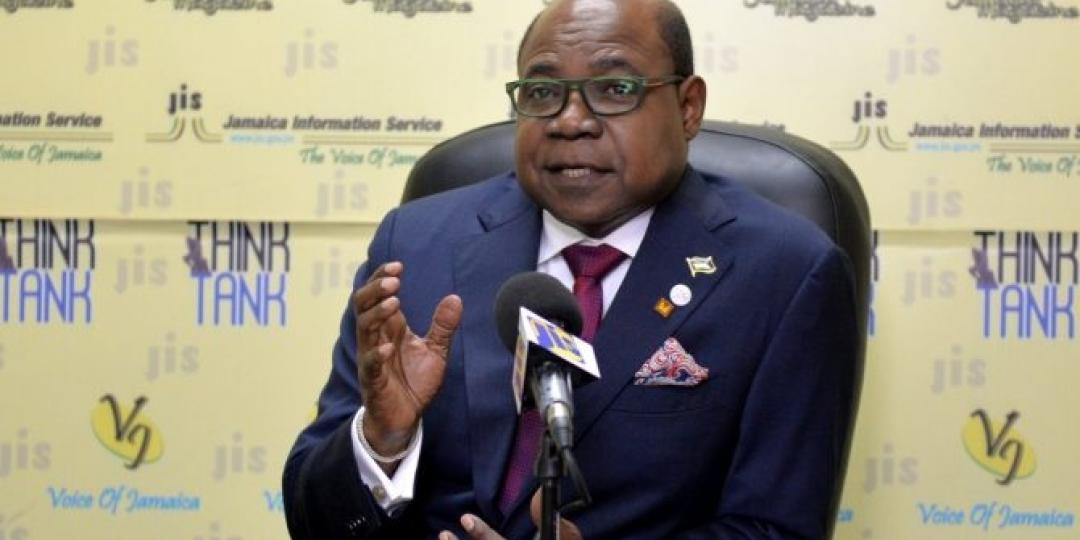On January 30, the Global Tourism Resilience and Crisis Management Centre will officially open at the University of the West Indies.
The centre will assess, forecast, mitigate and manage risks related to tourism resilience, caused by various disruptive factors, including climate change, natural disasters, cybercrime, cybersecurity, pandemics, terrorism, war, population and the changing funding models.
First announced at the United Nations World Tourism Organization (UNWTO) in November 2017, the centre is the first of its kind and will be tasked with creating, producing and generating toolkits, guidelines and policies to handle the recovery process following a disaster. It will also assist with preparedness, management and recovery from disruptions and/or crises that impact tourism and threaten economies and livelihoods.
The recent attack on the Dusit2 boutique hotel in Kenya, saw the centre reach out to the country, despite not being officially launched. Founder of the Crisis Centre, Minister Edmund Bartlett, said in a statement that the Centre condemned the terrorist attack. “Attacks like these threaten the lives and livelihoods of countries globally, and we condemn them. Our prayers and thoughts are with the people of Kenya who have been affected and deeply impacted.”
Bartlett also indicated that the centre stood ready to support Kenya in its recovery programme. “These acts of terror have also brought to the fore the urgent need for strategic infrastructure and mechanisms to be able to detect, manage and recover, and this is where the Global Resilience Centre comes in and will play its part in this regard.”
The centre was created in response to political turmoil, climatic events, pandemics, shifting global economies as well as crime and violence which can be devastating to travel and tourism























